Our list of the richest companies includes many familiar names. Still, there are also some surprises – including companies that no longer exist but once represented some of the most profitable businesses in history.
Today, corporations like Amazon, Apple, Microsoft, and Google face increased scrutiny from authorities to ensure their practices comply with the laws of the countries in which they operate.
However, this doesn’t mean modern corporations are not subject to scandals and controversies.
In contrast, some of the wealthiest corporations in history, which many people have never heard of, made massive profits without ever being held accountable by governments or regulatory authorities.
Some of these businesses even conspired with the governments supposed to oversee their activities.
The most valuable companies today fall into two categories: oil and technology.
However, companies that no longer exist today typically dealt with goods, products, and even slaves.
These corporations, such as the East India Company, accumulated so much wealth that their market values have never been surpassed.
It’s important to note that the market value of each of these 10 companies was calculated in U.S. dollars, and, for some, an adjustment for inflation was necessary.
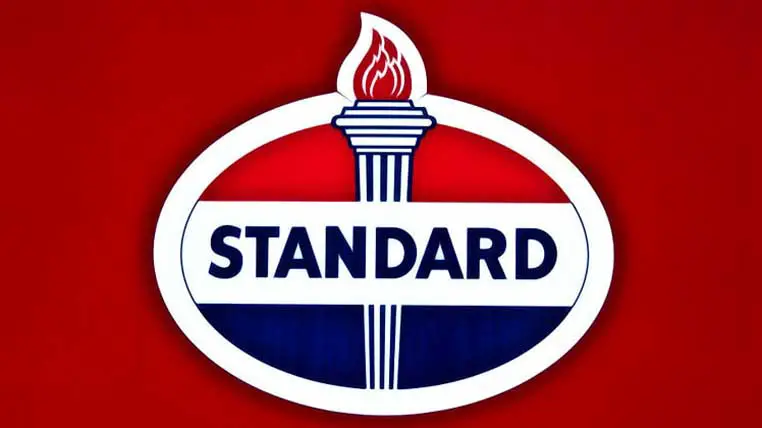
The Richest Companies in History - Standard Oil, $1 trillion
Founded in 1863 by John D. Rockefeller, Standard Oil was one of the world’s largest oil companies.
Within two years, the company had taken over almost all of the oil fields in Cleveland. By 1880, it controlled over 90% of petroleum production in the U.S.
To achieve this dominance, John D. Rockefeller resorted to questionable tactics, such as crushing competition, negotiating preferential transport prices for oil on American railways, and signing dubious agreements with other organizations and groups of people working outside the law.
When the state of Ohio opened an investigation into Rockefeller and Standard Oil, he fled to New Jersey and founded the Standard Oil Trust in 1882.
The U.S. government finally succeeded in bringing a case against Rockefeller and his company in 1906, using a loophole in the Sherman Antitrust Act.
The legal battle lasted several years, and the company was dissolved at the end of the trial, in 1911.
But the story of Standard Oil doesn’t end there.
Some of today’s most powerful oil corporations emerged from its remnants, including corporations like Mobil, Amoco, Chevron, and Exxon.
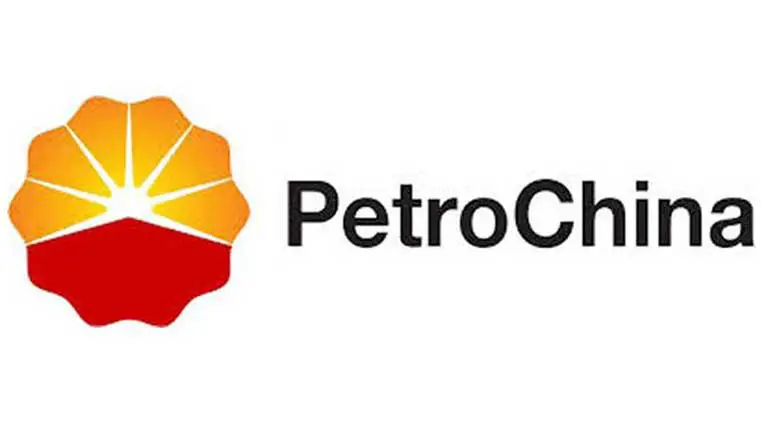
The Richest Companies in History - PetroChina, $1.4 trillion
PetroChina has been at the forefront of the People’s Republic of China’s efforts in major global oil and gas markets.
The company is entirely owned by the Chinese Communist government and was the first Asian company to reach a market value of $1 trillion.
However, the 2007 listing was not without controversy.
While PetroChina’s shares rose on the Shanghai Stock Exchange to reach historic highs, the same could not be said for the Hong Kong Stock Exchange, where the company’s shares were traded at much lower values.
Many investors saw this discrepancy as a clear sign of a market bubble, with most believing that the Beijing government had artificially inflated PetroChina’s market value.
From 2007 to 2020, PetroChina coexisted in China’s oil and gas market with another state-owned company, Sinopec.
In 2020, the Chinese government created a new company, PipeChina, to take over, expand, and modernize the oil and gas infrastructure owned by PetroChina and Sinopec.
PipeChina was formed from the merger of the two companies, and it’s still one of the richest companies in history.

Amazon, $1.68 Trillion
Under the visionary leadership of Jeff Bezos, Amazon has undergone a remarkable transformation, evolving from a small online bookstore into one of the world’s largest online retailers and one of the richest companies in history.
Despite facing numerous challenges, particularly financial struggles, in the company’s early years, Bezos’ persistence and determination led Amazon to massive growth and success.
Between 1995 and 2002, Amazon accumulated nearly $2 billion in debt and was on the brink of bankruptcy.
However, starting in 2002, Amazon expanded into new markets and introduced innovative services, such as AWS, Amazon Prime, Amazon Music, Amazon Alexa, and Amazon Luna, which propelled the company’s profits to new heights.
The COVID-19 pandemic further boosted Amazon’s sales, which was valued at a staggering $1.68 trillion in 2022. With a reported revenue of $4.7 trillion and a net profit of $33 billion in 2021, Amazon cemented itself as one of the richest companies in history.
However, despite its impressive financial performance, Amazon has faced criticism for its business practices.
For instance, the corporation has been accused of monopolizing online commerce and engaging in unfair business practices, such as copying and selling products developed by other companies on its platform.
Amazon has also been accused of exploiting its workers and blocking them from forming unions.
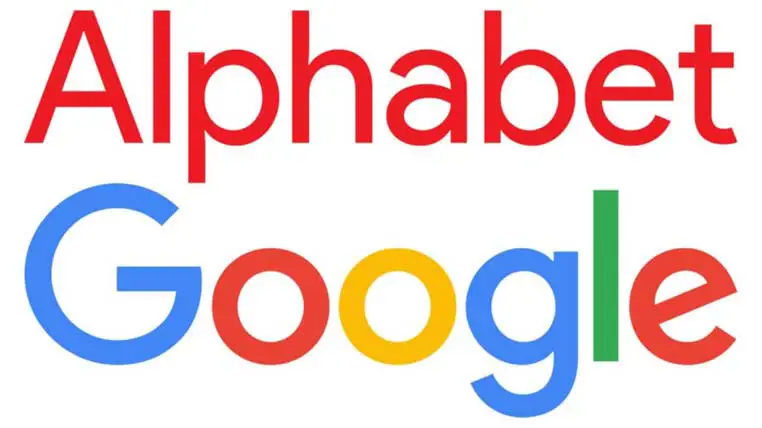
Alphabet, $1.81 Trillion
Google, now a subsidiary of Alphabet, was once a simple search engine created by two Stanford University students, Sergey Brin and Larry Page.
Over time, Google has grown to govern many aspects of modern life, from emails and online ads to YouTube video suggestions. The company’s revolutionary algorithms and advanced artificial intelligence monitor everything and control everything that happens online.
In 2015, Google underwent a significant restructuring process, becoming a subsidiary of Alphabet, a conglomerate founded to address growing criticism of the company’s monopoly in search engines and concerns over privacy and the use of personal information for advertising.
Today, Alphabet has expanded into new markets, including robotics, cloud computing, self-driving cars, and artificial intelligence, and is valued at $1.81 trillion (as at the time of writing).
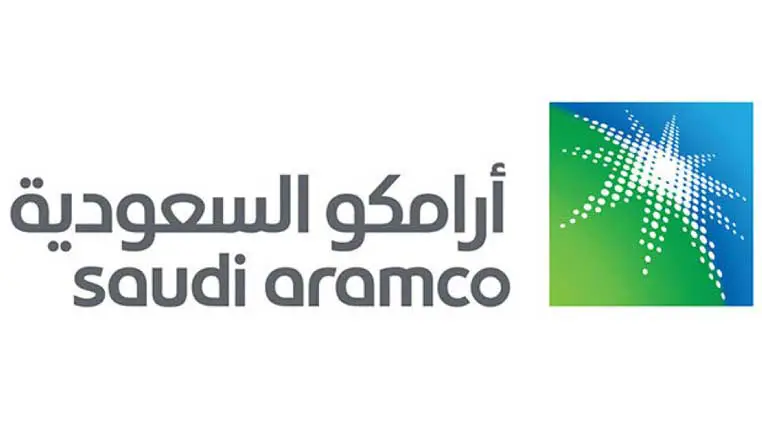
The Richest Companies in History - Saudi Aramco, $1.86 Trillion
The Saudi Arabian Oil Company, or Saudi Aramco, is the world’s largest petroleum company, founded in 1933 in collaboration with Standard Oil (now a subsidiary of Chevron) and owned by the Saudi state until 2019.
With a production capacity of 3.2 billion barrels per year, reserves of 259 million barrels, and a processing capacity of 11 million barrels per day, Saudi Aramco operates in 66 countries, exporting Liquefied Petroleum Gas and oil.
Throughout its long and storied history, Saudi Aramco has weathered wars, regional conflicts, and targeted terrorist attacks against the company’s assets, cementing its place as one of the richest companies in history, valued at $1.86 trillion.

Microsoft, $2.14 Trillion
In the 1980s and 1990s, Microsoft was outpacing Apple in the technology market.
However, Steve Jobs’ return to Apple in 1997 proved decisive and helped the company win the ongoing rivalry between the two corporations.
Despite this, the competition between Microsoft and Apple continued, and in 2019, both corporations achieved the impressive feat of surpassing a market value of $1 trillion.
Microsoft was founded by Bill Gates and Paul Allen in 1975. In 1981, the company sold its first operating system, MS-DOS, to IBM, which used the platform on its first personal computer.
The decision proved to be decisive for the future of Microsoft.
In 1985, Bill Gates and Paul Allen released the Windows operating system, the first truly interactive operating system with an intuitive interface and user-friendly design.
Windows soon became the most popular operating system on the market, far surpassing Apple’s offering in popularity. Today, Windows 11 is installed on billions of computers worldwide.
In 2001, Microsoft entered the gaming market with the launch of its Xbox game console. The company has recently invested heavily in Azure, a cloud service designed to rival Amazon Web Services (AWS).

The Richest Companies in History - Apple, $2.65 Trillion
In August 2020, professor David Kass noted that Apple’s value of $2 trillion represented approximately 10% of the US GDP and 7% of the S&P 500.
The history of Apple began in Palo Alto, California, where Steve Jobs and Steve Wozniak developed a groundbreaking computer in 1976.
The following year, they founded the company, which was listed on the stock exchange in 1980. However, the following years proved to be challenging.
In 1985, both Jobs and Wozniak left the company, which had lost its innovation and market appeal, particularly in the face of competition from Microsoft.
Steve Jobs returned to Apple in 1997, this time as CEO.
Under his leadership, the company experienced one of the fastest growths in modern history, thanks to Jobs’ marketing campaigns and Apple’s innovative product development.
Products such as the iPod and iPhone revolutionized the technology market and made Apple synonymous with innovation and quality.
After Jobs died in 2011, Tim Cook took over as CEO and shifted the company’s focus to the luxury market, making Apple products less accessible to the average consumer.
Despite this, the company’s profits continued to grow, and its market value rose from $1 trillion in 2019 to $2 trillion in 2020. Today, Apple is valued at $2.65 trillion.
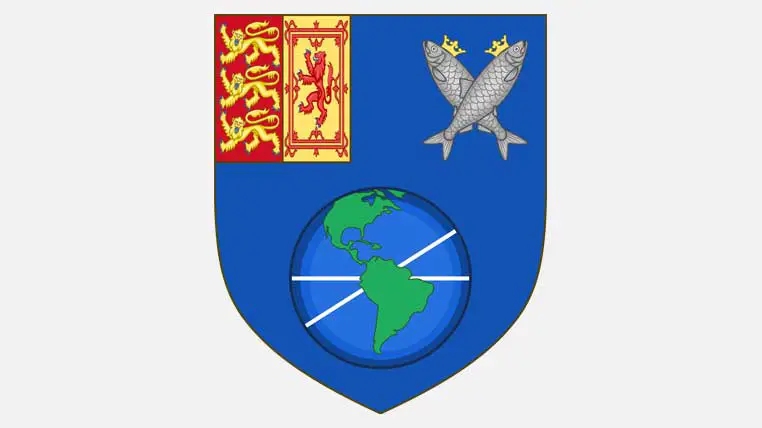
The Richest Companies in History - South Sea Company, $4.3 Trillion
The South Sea Company was founded in 1711 by the British government to reduce the national debt.
Shareholders could exchange a portion of their personal debt for shares in the company, and the profits generated from dividends were intended to be reinvested in the British economy.
The company generated profits primarily through trade, including the slave trade across the Atlantic from Africa to America.
When John Law’s financial empire in France collapsed (see The Mississippi Company below) and the value of his company’s shares plummeted, many investors turned to the South Sea Company, seduced by its massive profits from the slave trade.
The greed of the company’s shareholders ultimately shaped its development.
Despite already generating significant profits, some shareholders sought to create a “more favorable” business environment.
They paid corrupt politicians, such as James Cragg, to pass laws through the British Parliament that would allow the company to overvalue itself, artificially driving up the price of shares.
As guaranteed profits drew more investors to the South Sea Company, the value of a single share increased to over £1,000 by August 1720. This colossal growth made the South Sea Company one of the richest companies in history.
According to estimates, the South Sea Company was worth over 4.3 trillion dollars then.
But as it happened with the investment bubble created by John Law in France, the model was unsustainable, and an implosion was imminent. This occurred at the end of 1720 when the company’s shares crashed from over £1,000 to just under £100.
In the end, the British government launched an investigation that found no one guilty and gave no explanation for the company’s situation.
The South Sea Company continued to exist and accumulate debt until 1853, when it was finally dissolved.

The Mississippi Company, $6.5 trillion
Two of the most lucrative companies to have ever existed in the annals of history are the Mississippi Company and the East India Company.
Their respective stories are intertwined with the birth of global commerce, the rise of empires, and the consequences of greed.
John Law, a Scottish entrepreneur, saw a glimmer of opportunity in the troubled economy of France and established Bank Generale. His private bank printed money backed by significant gold and silver reserves.
In 1717, Law used the money to acquire The Mississippi Company, a commercial empire that dominated trade in Louisiana, Canada, and the West Indies.
He leveraged his bank’s profits and the monopoly of The Mississippi Company to eliminate competitors and expand his business through a well-crafted pyramid scheme that artificially boosted the value of the company’s shares.
Law attracted a significant number of investors and even convinced King Louis XV of France to allow him to send French slaves and prisoners to Louisiana and Arkansas to work in abysmal conditions to further boost the company’s profits.
As The Mississippi Company’s profitability soared, Law’s money-printing operation through the Royal Bank intensified. At its peak in 1719, The Mississippi Company was one of the richest companies in history, with a net worth estimated at about $6.5 trillion.
However, Law’s empire crumbled the following year when some of his big investors requested a large amount of gold and silver in exchange for their shares.
Basically, a handful of investors asked to exchange their shares for more gold and silver than the Royal Bank had in reserves, revealing in the process how Law had been printing money without backing.
He was removed from the board of directors and accused of fraud. However, Law fled to Brussels just before being arrested by French authorities.
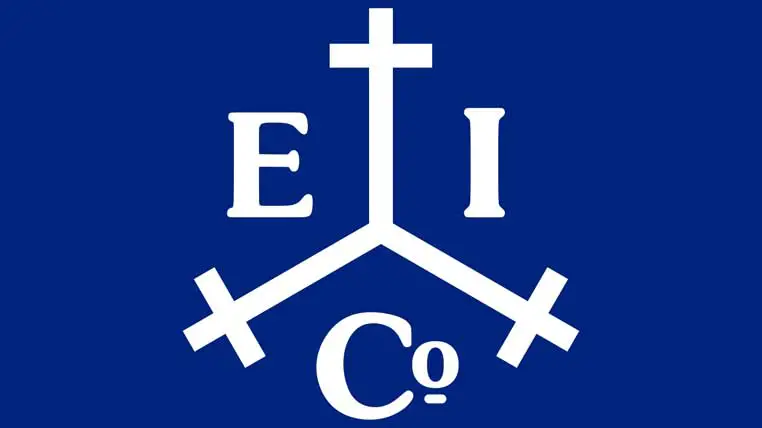
The Richest Companies in History - East India Company, $9 trillion
When it comes to the richest companies in history, no corporation can come close to what the mammoth East India Company was.
The East India Company, also known as the Vereenigde Oostindische Compagnie (VOC), was the first megacorporation in history and the wealthiest company of all time.
The Dutch government created the East India Company in 1602 to unify several rival commercial companies and protect Dutch interests and trade in the Indian Ocean.
The company was granted exclusive rights to trade in the region from the Cape of Good Hope to the Strait of Magellan and initially focused on spice, silk, and textile trade.
Over time, the East India Company diversified and invested in shipyards, becoming the first publicly listed company and generating profits through speculative bubbles.
By 1796, the VOC had 4,785 commercial vessels and warships, a more considerable fleet than all other countries in the world… combined.
The company transported over one million Europeans to Asia, returning with over two and a half million tons of merchandise. However, the East India Company’s wealth was not without controversy.
The company was criticized for its commercial monopoly, colonialism, exploitation, slave trade, use of violence, environmental destruction (including massive deforestation), and bureaucratic organizational structure.
The harsh working conditions resulted in an extremely high mortality rate among VOC employees, with over 400,000 losing their lives between 1602 and 1795.
The East India Company was dissolved in 1799 after the Dutch government revoked its right to trade and absorbed its assets and debts.
At its height, the East India Company was worth approximately $9 trillion, more than the combined value of the top five wealthiest companies today.
The Mississippi Company and East India Company represent two sides of the coin of global commerce and the pursuit of wealth.
The legacies of the two richest companies in history continue to shape the world, reminding us of the consequences of greed and the power of human ingenuity.
At Ancient Theory we only use trusted sources to document our articles. Such relevant sources include authentic documents, newspaper and magazine articles, established authors, or reputable websites.
- Top 10 Richest Companies In The World 2022. nubiapage.com.
- List of largest companies by revenue. wikipedia.org. [Source]
- George Morahan - The 20 Most Valuable Companies In Market Capitalisation. businessplus.ie.
- Bobby Salomons - The Dutch East India Company was richer than Apple, Google, and Facebook combined. dutchreview.com
- Alex Planes - A History of Ridiculously Big Companies. fool.com.
- Dutch East India Company. britannica.com. [Source]
- The Mississippi Company. wikipedia.org. [Source]






